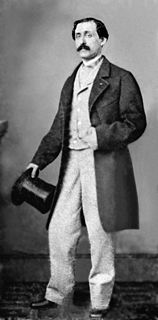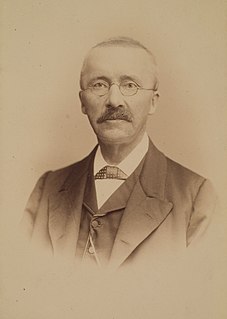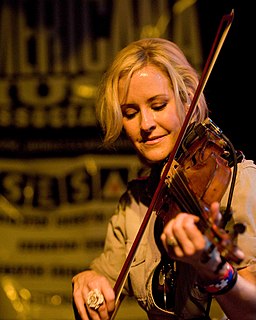A Quote by Louis Moreau Gottschalk
The amazing thing since so many variables enter into historical judgments, is not that historians disagree but that they agree as often as they do.
Quote Topics
Related Quotes
Most academic historians accept that historians' own circumstances demand that they tell the story in a particular way, of course. While people wring their hands about 'revisionist' historians; on some level, the correction and amplification of various parts of the past is not 'revisionism' as it is simply the process of any historical writing.
I was trained as a philosopher never to put philosophers and their ideas into historical contexts, since historical context has nothing to do with the validity of the philosopher's positions. I agree that assessing validity and contextualizing historically are two entirely distinct matters and not to be confused with one another. And yet that firm distinction doesn't lead me to endorse the usual way in which history of philosophy is presented.
At Silicon Valley, I'm extremely sympathetic to the revolutionary response. I not only agree with it emotionally. I agree with it practically. And the only thing I disagree with is, I don't think Donald Trump is that. Trump is blow it up for no good reason at all. You want to actually do revolution with a target, with an idea, with building a new system.







































